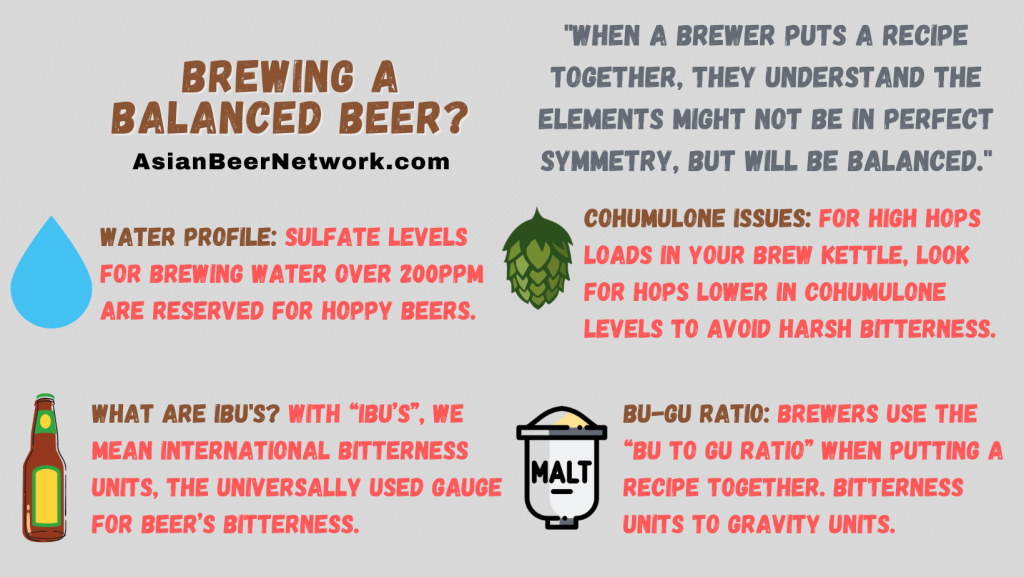Unlock the mystery of finding your perfect beer-to-drunk ratio with our comprehensive guide – cheers to the ultimate calculation!
Table of Contents
Are you someone who has ever wondered, “How many beers does it take to get drunk?” It’s a common question that doesn’t have a simple answer. The number of beers needed to reach a state of intoxication can vary greatly depending on a range of factors, from individual metabolism to tolerance levels. In this blog post, we will delve deep into the science behind alcohol intoxication and explore the various factors that can influence how many beers it takes to get drunk.
Alcohol Metabolism and Intoxication
alcohol metabolism is a complex process that occurs in the liver. When you consume alcohol, it is broken down into acetaldehyde, a toxic substance, and then further metabolized into acetate, a harmless substance that is eventually excreted from the body. The rate at which alcohol is metabolized can vary from person to person.
Factors such as age, weight, gender, and liver function play a significant role in how quickly alcohol is metabolized. For example, individuals with a higher body weight may be able to handle more alcohol before feeling intoxicated compared to those with a lower body weight. Additionally, as we age, our metabolism tends to slow down, making it harder for older individuals to process alcohol efficiently.
Individual Tolerance Levels
Another important factor to consider when determining how many beers it takes to get drunk is an individual’s tolerance level. Tolerance refers to how accustomed a person’s body is to alcohol consumption. Regular drinkers may have a higher tolerance level compared to occasional or first-time drinkers.
Individuals who drink frequently may find that they need to consume more alcohol to feel the effects of intoxication, as their bodies have adapted to processing alcohol more efficiently. On the other hand, individuals who do not drink regularly may become intoxicated more quickly, as their bodies are not as accustomed to alcohol consumption.
Factors Influencing Intoxication
Aside from alcohol metabolism and tolerance levels, there are a variety of other factors that can influence how many beers it takes to get drunk. The type of alcohol consumed, the rate of consumption, food intake, and hydration levels all play a role in determining how quickly a person becomes intoxicated.

Image courtesy of www.asianbeernetwork.com via Google Images
For example, consuming drinks with a higher alcohol content, such as spirits or cocktails, may lead to quicker intoxication compared to beer or wine. Additionally, drinking on an empty stomach or not staying adequately hydrated can exacerbate the effects of alcohol and lead to faster intoxication.
Conclusion
Understanding how many beers it takes to get drunk is not a one-size-fits-all calculation. It is a complex interplay of factors that can vary significantly from person to person. By considering your own metabolism, tolerance levels, and various influencing factors, you can make more informed decisions about your alcohol consumption and ensure that you drink responsibly.
Remember, it’s always important to know your limits and prioritize your safety when consuming alcohol. By understanding the science behind alcohol intoxication and the factors that influence it, you can enjoy your drinks while staying in control and avoiding dangerous levels of intoxication.
FAQ
How can I calculate my perfect beer-to-drunk ratio?
Answer 1: To calculate your perfect beer-to-drunk ratio, consider factors like your body weight, tolerance level, alcohol content of the drinks, and rate of consumption. Start with moderation and adjust based on how you feel.
Does tolerance to alcohol change over time?
Answer 2: Yes, tolerance to alcohol can change over time. Regular drinkers may have a higher tolerance level compared to occasional drinkers as their bodies adapt to processing alcohol more efficiently.
What are some factors that influence how quickly someone becomes intoxicated?
Answer 3: Factors like the type of alcohol consumed, rate of consumption, food intake, hydration levels, and overall metabolism can influence how quickly someone becomes intoxicated.
How can I drink responsibly and avoid getting too drunk?
Answer 4: To drink responsibly, know your limits, pace yourself, stay hydrated, and eat before and during drinking. Being aware of your body’s signals and prioritizing safety can help you avoid getting too drunk.
Generated by Texta.ai Blog Automation


Leave a Reply